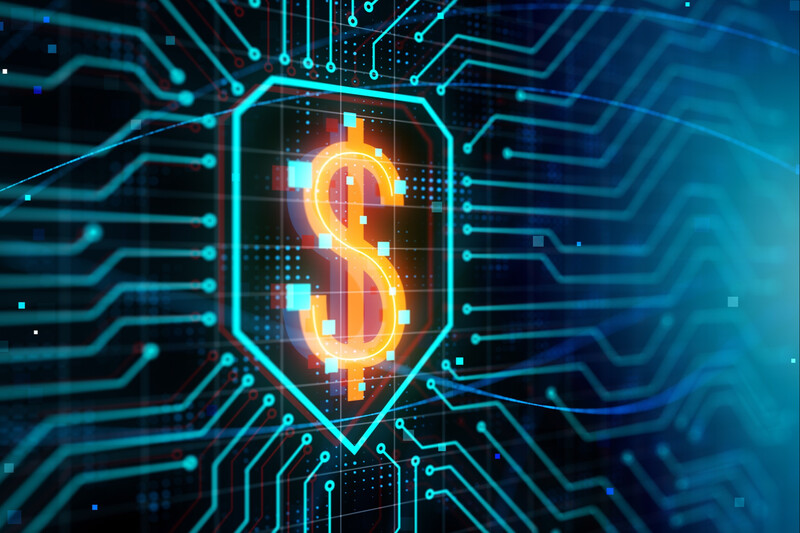L’essor mondial des cryptomonnaies et l’utilisation croissante des paiements numériques ont suscité l’intérêt des États-Unis. En effet, Joe Biden a signé un décret demandant aux agences fédérales de songer à la mise en place d’une monnaie numérique de banque centrale. Zoom sur le lancement du chantier du dollar numérique.
Révolutionner la finance mondiale avec le dollar numérique
Joe Biden a signé le 9 mars 2022 un décret lançant le processus de création d’un dollar numérique qui sera émis par la CBDC (Central Bank Digital Currency). Le ministère de l’Économie devra lui remettre d’ici 6 mois un rapport sur les avantages et les risques de ce projet.
La création d’un billet vert numérique pourrait révolutionner la finance mondiale, le dollar étant la principale devise de réserve de la planète. Mais face aux risques liés à cette innovation (remise en cause de l’industrie bancaire traditionnelle, protection de la vie privée des utilisateurs, dangers pour la sécurité des États…), les États-Unis doivent se montrer particulièrement prudents.
« Nous devons être très, très consciencieux dans notre analyse parce que les implications » de la création d’un dollar numérique seraient « très profondes pour le pays », a indiqué un haut responsable de la Maison-Blanche lors d’une conférence de presse.
Ce dernier ajoute que les projets de monnaie numérique qui sont plus développés dans d’autres pays ne compromettent pas la domination du dollar permettant aux États-Unis d’occuper une place importante dans la finance mondiale. La Maison-Blanche estime que plus d’une centaine de pays songent à lancer ou ont déjà créé leur monnaie numérique. La Chine par exemple, a récemment franchi une nouvelle étape dans la mise en place de sa future monnaie numérique, le e-yuan, visant à remplacer à terme les billets et les pièces. Depuis quelques mois, les Chinois peuvent télécharger sur leur smartphone une nouvelle application pour tester cette future monnaie.
Se pencher sur les risques liés au développement des cryptomonnaies
Le dollar numérique sera l’équivalent dématérialisé des pièces et des billets et pourra donc être utilisé sans passer par l’intermédiaire d’une banque ce qui est actuellement nécessaire pour les paiements dématérialisés. Mais pas question pour les États-Unis de laisser le champ libre aux puissances étrangères et aux acteurs privés. Joe Biden a confirmé son intention de mettre un peu d’ordre dans le foisonnement des cryptomonnaies privées qui sont par nature très volatiles et totalement décentralisées à l’image du bitcoin.
L’administration fiscale aura pour rôle d’identifier et de combattre les nombreux risques liés à ce phénomène et notamment les risques pour la stabilité financière internationale, les risques pour les consommateurs et les risques pour les entreprises victimes de cyberattaques qui doivent payer leurs agresseurs en cryptomonnaie. Sur ce point, un haut responsable de l’administration américaine a affirmé que l’exécutif « continuerait à combattre » toute utilisation de cryptomonnaies « pour éviter des sanctions américaines, et cela s’applique aussi à la Russie ».
